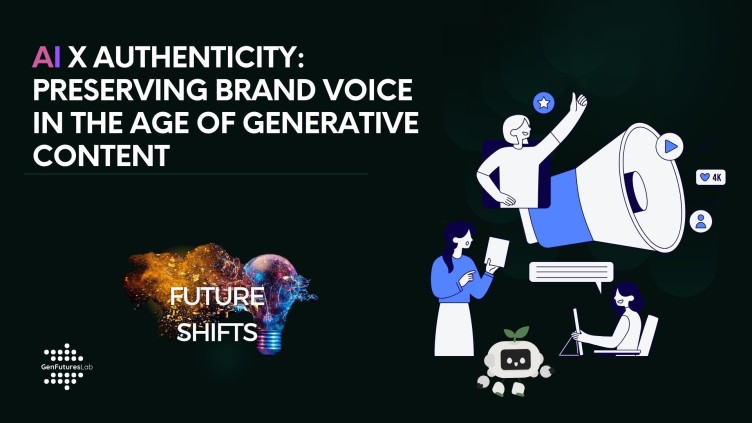Agentic AI: What’s the Hype and How Can Businesses Actually Use It?
Agentic AI is currently a hot topic in discussions about technological advancements impacting businesses. But what exactly is driving this buzz, and what implications does it hold for enterprises today?
Understanding Agentic AI
Agentic AI refers to artificial intelligence systems capable of autonomous decision-making and action execution without human intervention. Unlike traditional AI, which operates within predefined parameters, agentic AI can learn from its environment, adapt to new information, and perform tasks independently. This autonomy allows businesses to automate complex processes, leading to increased efficiency and innovation.
Why the Hype?
A survey by the Capgemini Research Institute found that 32% of top executives globally consider AI agents as the leading technology trend in data and AI for 2025. [Source] Companies like Salesforce, ServiceNow, Microsoft, and Workday are integrating AI agents to enhance recruiting, sales lead management, marketing, and IT management. [Source]

The excitement surrounding agentic AI stems from its potential to revolutionise various aspects of business operations:
- Enhanced Efficiency: By automating routine tasks, agentic AI enables employees to focus on strategic initiatives, thereby increasing productivity.
- Improved Decision-Making: These systems analyse vast amounts of data in real-time, providing insights that inform better business decisions.
- Cost Reduction: Automation of processes can lead to significant cost savings, particularly in industries with high labour expenses.
Real-World Applications
Several companies have already begun integrating agentic AI into their operations:
- Bud Financial: This banking technology firm has implemented agentic AI to enhance customer experiences by autonomously managing tasks such as transferring funds to prevent overdraft fees and optimising interest earnings. This proactive approach not only improves customer satisfaction but also promotes better financial health. More here.
- Palo Alto Networks: Organisations face the constant challenge of defending against increasingly sophisticated cyberattacks. Palo Alto Networks' Cortex agent tackles this by proactively hunting for suspicious activity across networks, endpoints, and cloud environments, rather than simply reacting to known threats. Through continuous learning, Cortex identifies subtle indicators of even zero-day attacks in real time. This proactive approach minimises the risk of breaches and data loss. Read more.
Implications for Businesses
The integration of agentic AI offers numerous benefits:
- Scalability: Businesses can scale operations without proportional increases in human labour, as AI agents handle increased workloads efficiently.
- Adaptability: Agentic AI systems can quickly adjust to market changes, ensuring businesses remain agile and responsive.
- Enhanced Customer Service: AI-driven chatbots and virtual assistants provide instant support, handling queries with precision and learning from each interaction to improve future responses.
Challenges to Consider
While the advantages are compelling, businesses must also navigate certain challenges:
- Data Privacy: Handling sensitive information requires stringent data protection measures to maintain customer trust.
- Implementation Costs: The initial investment in AI infrastructure can be substantial, posing a barrier for smaller enterprises.
- Skill Gap: There may be a lack of in-house expertise to manage and maintain AI systems, necessitating training or hiring specialists.
Conclusion
The buzz around agentic AI is well-founded, given its potential to transform business operations across various sectors. By understanding its capabilities and challenges, businesses can strategically implement agentic AI to drive efficiency, innovation, and growth in an increasingly competitive landscape.
.svg)



.svg)
.svg)
.svg)
.svg)

.svg)

